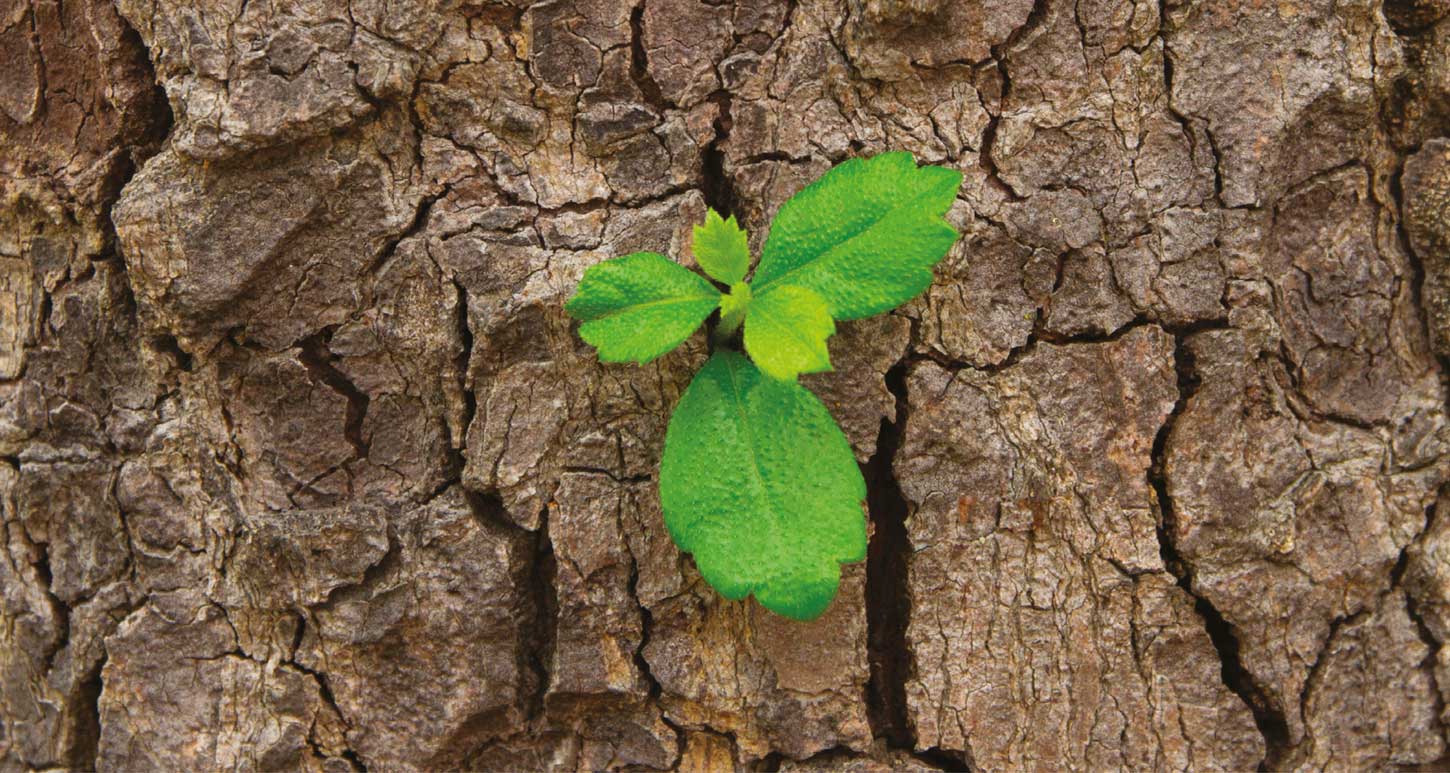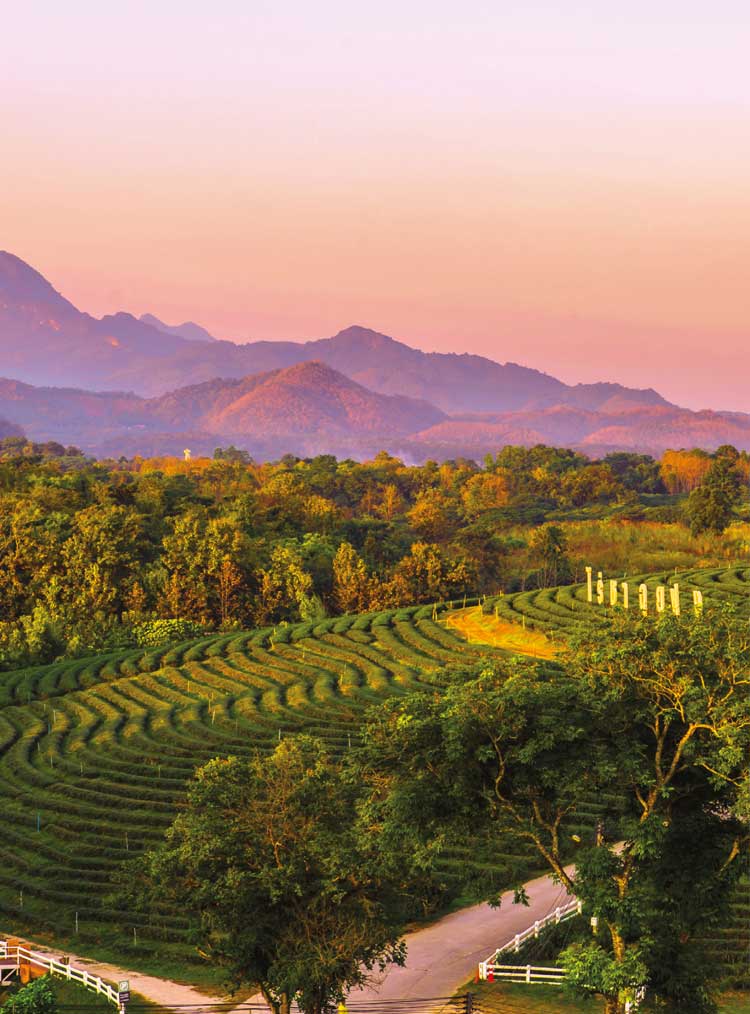CONSERVATION ENDEAVOURS
Saving Our Environment
Sunela Jayewardene discusses contemporary challenges Sri Lanka faces with conserving the environment
“Today, our biggest conservation issue is outdated land use practices. Even as research is proving the hazards of mono cropping, mega dams and unsustainable urban expansions, Sri Lanka fails to overcome this colonial template for development,” says Sunela Jayewardene Founder Trustee and first Chairperson at the Federation of Environmental Organizations Sri Lanka.
Highlighting the roots of this failure as “ignorant policy makers and administrators,” she recommends resuming agroforestry rather than the globally dated two-dimensional agriculture since “being the heir to an admirable, precolonial land use practice, Sri Lanka need not look far for suitable solutions.”
“Sri Lanka’s future lies in wedding current technology to traditional land use systems. These sustainable systems, based on ecological boundaries with advanced cognition of ecosystem services, combined with digital mapping, crowdsourced data collation, basic agro-mechanics and post-harvest technologies, could optimise agroforestry production” she elaborates.
As for encouraging conservation, she believes “we have to first change the definition of ‘development’ through policy and awareness and give scientists and professionals lead roles in policy design, concept development and project approval.”
Jayewardene deems “it’s easy to identify a high profile, technical panel that works gratis for their country and if developers were answerable to an overarching, financially independent, expert panel, conservation would benefit”. She adds that defining region sensitive templates for development will preempt extreme proposals such as reservoirs in Sinharaja and potato farming in Horton Plains.
Being an environmental designer, Jayewardene explains, “with humans’ abject dependency on natural resources and when our existence pivots on environmental conservation, the time for a few to have an ‘Environmentalist’ prefix, is past. By now, everyone from architects to tinkers and tailors should’ve got the memo: Become an Environmentalist!”
Commenting on the island’s urbanisation, she observes: “Our lack of contextually correct design thinking retards us. For instance, Greater Colombo, which stands in a wetland system, pays no attention to water. Instead of developing water-based transport, trade and housing systems, we continue to ignore the water or try to overpower it.”
“Let’s set a high bar, aiming to be Asia’s first circular urban system, or develop an urban environment as potential currency in a ‘debt for nature’ swap for economic recovery,” suggests Jayewardene.
In closing, she advises: “Plant forests of any size – even a balcony or backyard. Plant only native species as they fast track ecosystem services. Cultivate berries, flowers, fruits, medicinal herbs that will give us pleasure throughout the year. Soon, birds, butterflies and bees will convince us it’s a forest. Then, you, your community and the land, wins.”
“The time for a few to have an ‘Environmentalist’ prefix, is past… everyone from architects to tinkers and tailors should’ve got the memo: Become an Environmentalist!







